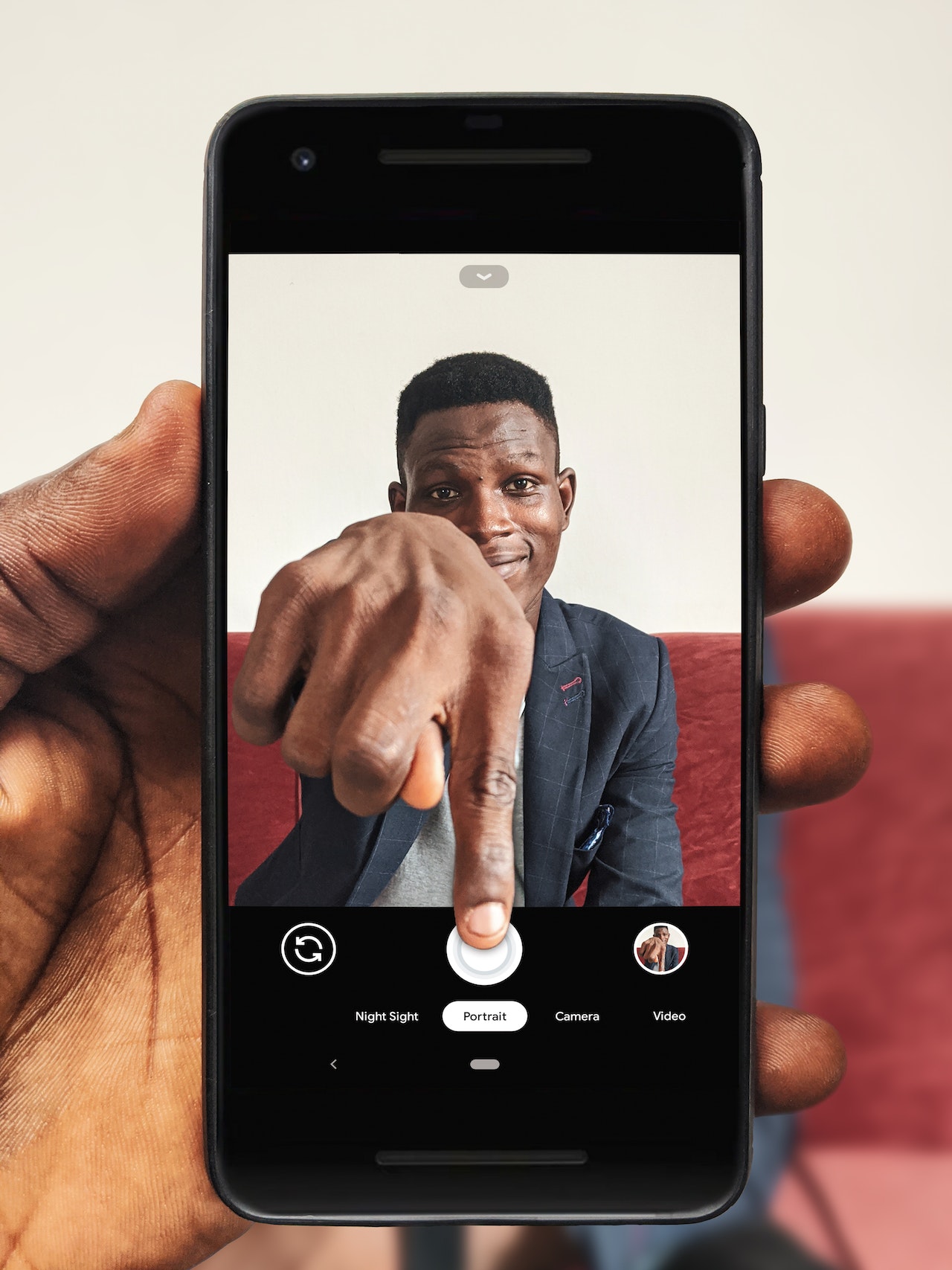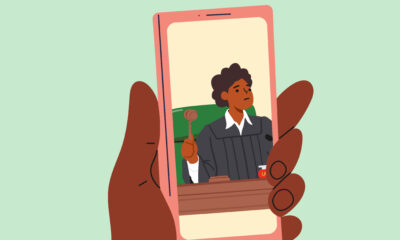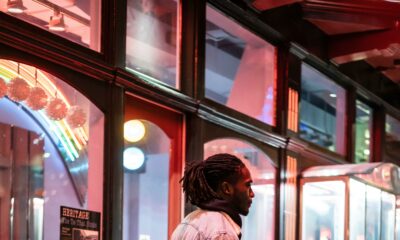Features
Jacqueline Alabi: On Social Media Personas and Real Life Identities
What are the odds that your alternate personality is what you’ll embody on social media?

Socialization has been quite an integral part of our societies for decades. Although the medium of these interactions has evolved, one thing has remained unchanged: the need for acceptance. More than we like to agree, as social beings, we crave acceptance and companionship and hope to create lifelong bonds with special people.
I find the idea of social media quite interesting. I find embodying a character, and interacting, creating connections, developing bonds with people – all without any form of physical interaction – absolutely interesting. Even more fascinating is the fact that we can construct these characters, develop them to suit a particular idea, and elicit a certain perception from our audience. Powerful, right? But what happens if your social media persona is not a copy of who you are in real life?
I created my current Twitter account in August 2017. I imagine it as an empty room where I speak, share my thoughts, and have one or even a thousand people listen in. Almost five years later, I’m realising that perhaps my social media persona isn’t a complete replica of my personality in real life.
I’m socially awkward on most days, and I require a good amount of time to ease into a setting or space. On social media, however, I’m a social butterfly, buzzing from one conversation to another.
For people like me, social media has provided us with an opportunity to earn social capital without the pressure that comes with physical interactions. Here, you get to be who you want; no questions asked.
In Jim Iyke’s 2021 movie, Bad Comments, we’re let into the behind-the-scenes lives of social media trolls – with most of them having contrasting lifestyles and actual jobs until they wear a mask and develop a different persona the minute they log into social media. This makes me wonder if alter-egos manifest as social media personas. What are the odds that your alternate personality is what you’ll embody on social media?
For D, she begs to differ. She says: “I don’t think my social media persona is a manifestation of my alter ego. I feel it’s the real me. I’m restricted in reality, but I get to be me here.”
S, on the other hand, says his burner account is for his alter-ego to live authentically. “My family members follow my social media. I have colleagues there as well. So, naturally, I don’t do much. But I have a burner account where I air my opinions, 100% no questions, no filter; just me.
The average Nigerian is quite judgmental. Maybe it has a thing or two to do with the fact that we’re largely conservative. To turn our noses in disapproval of people and how they live their lives. To express dissatisfaction with people’s behaviour and how they choose to experience the world. Social media provides a valid escape for people who need to flee from the ever-watchful eyes of their “Nigerian aunty or uncle.”
“Personality is the knowledge that we are apart from the rest of the universe” – Ernest Dimnet. Perhaps, our social personas are a complete reflection of who we yearn to be outside societal scrutiny. Or just another aspect of our personalities that we’re struggling to embrace. Regardless, our social media personas are simply who we are.
***





















